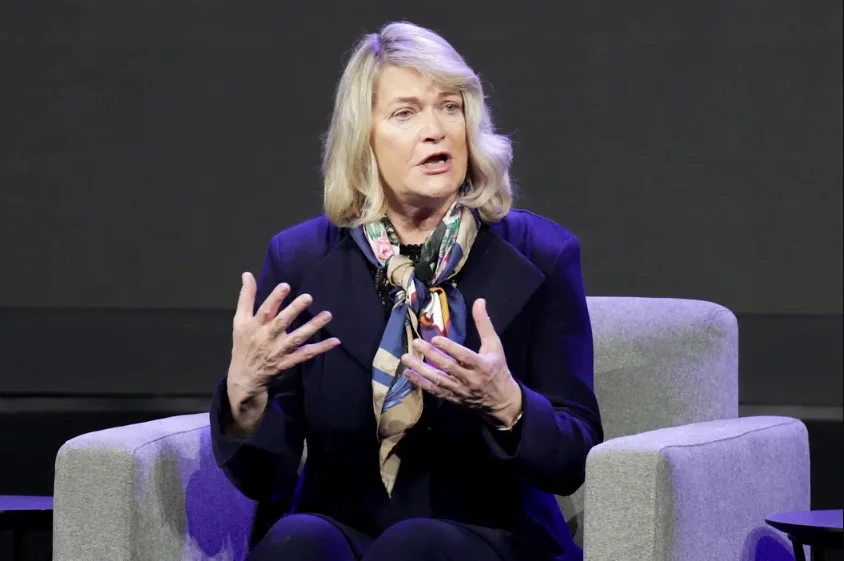The Custodia Bank sued the Federal Reserve in June, claiming that the Fed’s deferral of judgment is illegal and unfair to crypto institutions.

In its ongoing legal battle to obtain a master account at the Federal Reserve, Custodia Bank has received support from seven Republican members of Congress in the United States.
Sens. Cynthia Lummis (R-Wyo.), Steve Daines (R-Montana), and Kevin Cramer (R-North Dakota), as well as Reps. Warren Davidson (R-Ohio), Ted Budd (R-North Carolina), Trey Hollingsworth (R-Indiana), and William Timmons (R-South Carolina), all sit on the Senate Banking Committee. On Thursday, they joined forces to submit an amicus brief urging a Wyoming court
The state of Wyoming has likewise submitted a comparable amicus brief.
In June, Custodia (formerly Avanti Bank) sued the Fed, claiming that the Federal Reserve was illegally delaying its judgment on whether or not to approve the crypto bank’s request for a master account and demanding an instant approval. Custodia had already waited 19 months—seven months longer than the statutory one-year deadline—to hear back about their application at the time the lawsuit was filed.
A master account, according to Custodia’s complaint, was “vital to Custodia’s ability to operate effectively and efficiently,” and the Fed’s continued indecision was bad for Custodia’s customers. Additionally, it indicated a “black box bureaucratic process with no clear rules,” which allowed the Fed to “act in complete secrecy, whenever and however they choose,” the Wyoming-based bank’s lawyers said.
In their amicus brief, Sen. Lummis and her colleague’s legislators reiterated Custodia’s worries and claimed that the Monetary Control Act of 1980, which mandates that the Fed issue master accounts to all qualifying depository institutions in the U.S. “without exception,” makes the Fed’s inaction illegal. They contend that failing to do so is discriminatory.
According to the current statutory structure, “the Board [of Governors] and the Reserve Bank are not competent to define what is – and what is not – a “depository institution,” they argue. It is inconceivable that the Reserve Bank or the Board should have the power to effectively choose which depository institutions are “genuine depository institutions” and which are not.
Additionally, the politicians support Custodia’s accusations that the Fed’s refusal to grant them a master account has harmed their business, writing:
If the Federal Reserve has the authority to decide which depository institutions can and cannot receive a master account, the Fed would essentially be the final arbiter of what is and is not a bank in this country. “A depository institution that does not have a master account ‘can’t really function as a financial institution,'” according to the Federal Reserve.
For its part, the Federal Reserve has maintained that it needs more time to think through the practicalities and broader effects of granting crypto-based organizations access to its payment systems.
On October 13, a hearing on the motion to dismiss is planned.
